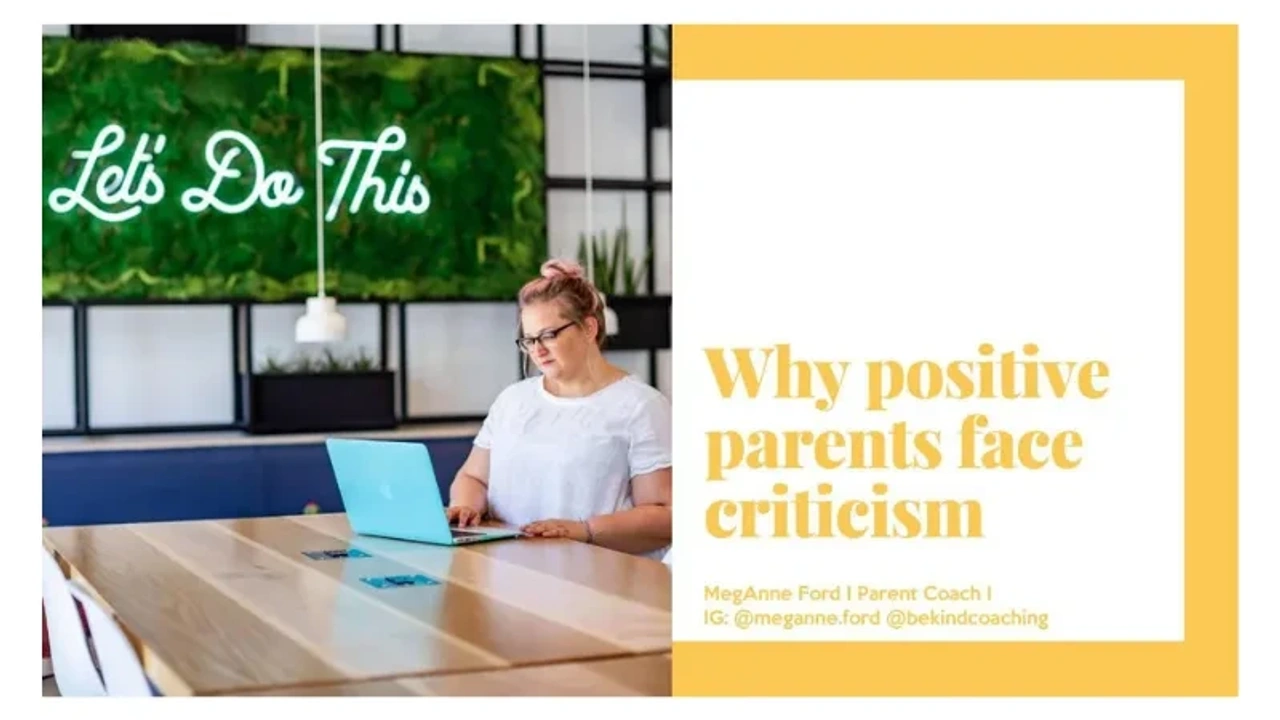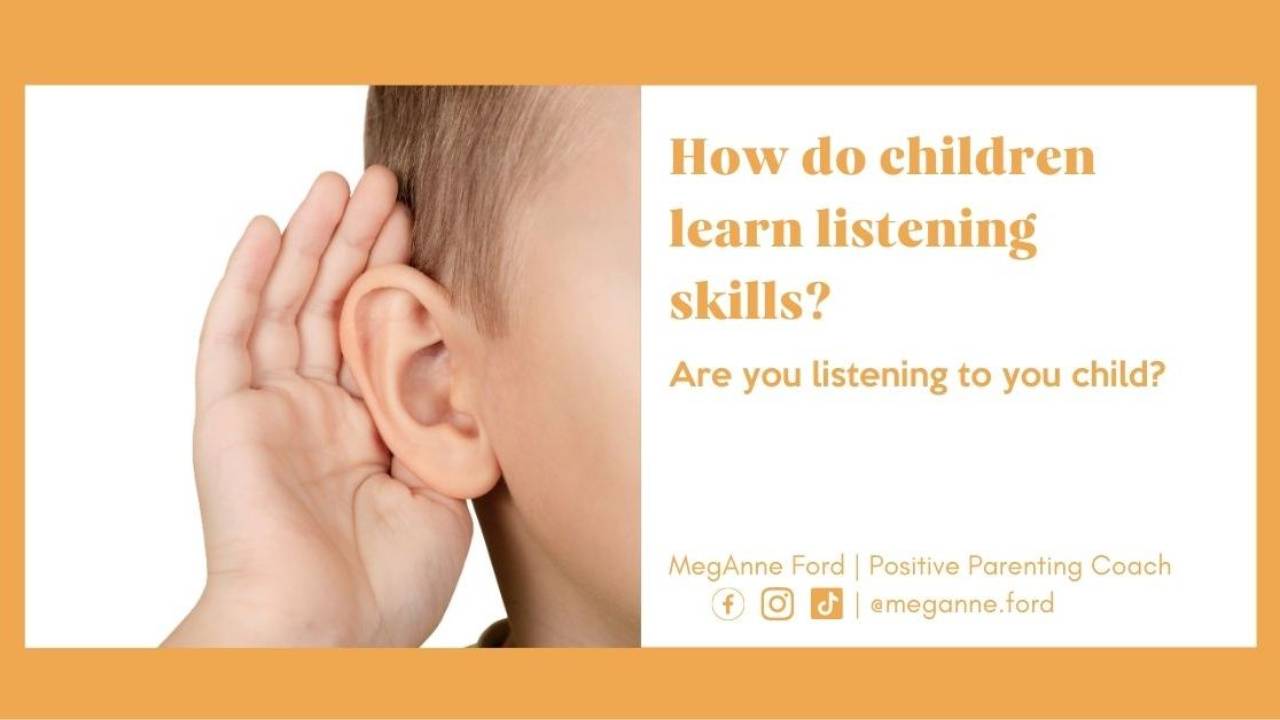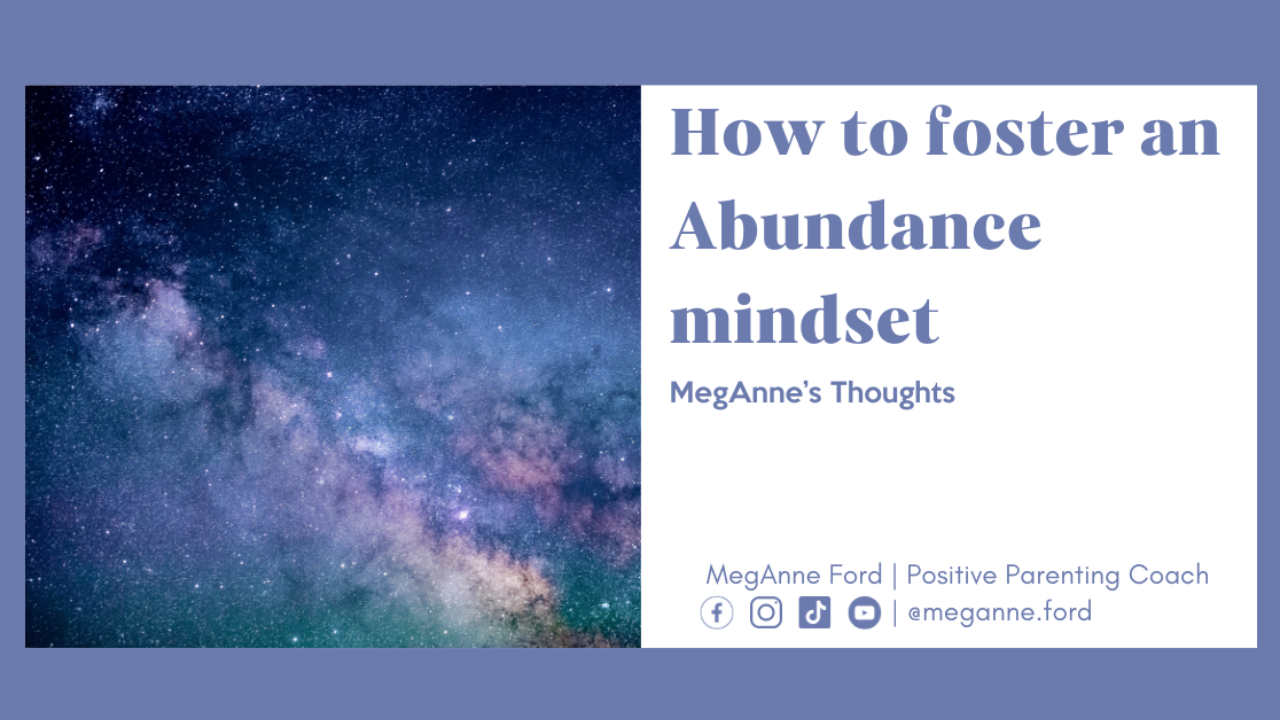
Why positive parenting methods are criticized
Sep 14, 2022Parents who choose to use positive parenting technics might be criticized. However, I think that we can agree that history shows us that new techniques and methods are scary. It takes a lot of work to go against the grain. Treating children with respect in challenging moments takes a lot of practice and support from the parent.
You will never be criticized by someone doing more work than you. Those doing the work 100% get the struggle, ebb, flow, and commitment required to be a positive parent. To understand why positive parenting is criticized, we must first establish the "social norms" and then the difference; later, I will share my Positive Parenting method C.L.E.A.R.
How do we show up when no one is watching?
A commercial caught my eye the other day. It was for a furniture store, and they opened by saying,
“Character is what you do when no one is watching.”
Then it shared how its employees go above and beyond to keep the store clean and safe for you to shop. But it got me thinking...
Do you discipline your children the same in public as in private?
Only you and your children are the only people that can answer that question.
During my years as a teacher, I saw a difference in how I acted between when I was alone and when my Director stopped by. When she entered, I felt the pressure to perform in the "perfect way" I would put on my "perfect teacher" mask, and for the 15 minutes of observation, I was on HIGH ALERT! I would swiftly move through challenges and give in to requests- but this did NOT feel good. I would feel WORSE!
And the kids knew it. They knew that when the Director would come in, they could get away with anything, and I would have my hands tied.
So I decided to change that.
I did the hard work and practiced walking in alignment through the challenging moments, and what I saw happened truly saved my sanity. My anxiety, overwhelm, and resentment dissipated because the children began to form a secure attachment to me and started trusting me. I became the same teacher on the stage as off the stage!
But to my peers, that left me open to criticism and a lot of pushback. This is something I see in common with parents entering into positive parenting. They may begin to face criticism from their partners, friends, and family members.
"Why do you let them do that?"
"Are you going to let them get away with that?"
"Oh man, if my kids did this…."
These are some of the responses I've heard from parents making the transition into parenting with the relationship as the main focus. And I know the sting because I felt it too until I understood why it was happening.
Understanding Parenting Archetypes
There are three main archetypes of parents
- The nurturer Parent
- The Enforcer Parent
- The Hot Mess Parent
The nurturer is responsible for taking care of every need. They are steeped in feminine energy. They are the "perfect soccer Mom" archetype. They have the snacks prepped, the schedule on lock, and they portray the perfect picture of what it means to love their children and provide for them.
The counterpart to this archetype is "the enforcer" parenting. The enforcer is the more masculine energy- they are the workers, the makers, and the rule enforcer. They don't ever get crossed, they keep control of the family, and they are a force to be reckoned with.
There is a third, the "hot mess" parent. They are the ones who wear PJs to carpool pick up, drink wine out of sippy cups, and are always feeling like they're outside of the pack. They enjoy sarcastic jokes and often feel a couple of steps behind, but it's okay because they are ROCKING this Mothering thing!
Where does Positive Parenting fit?
Positive parenting doesn't fit into any of those archetypes. Instead, they go against the "social norms" and use the attachment theory. They are about integrating their past self and their current self and grounding into bettering themselves so they can connect with their children. Being a parent for them is about stepping into building a relationship and building a strong emotional intelligence.
Deviating from social norms welcomes criticism.
Deviating from social norms confuses people and naturally puts them on the defensive. Our brains love simplicity, routine, and knowing, so we feel safe and prepared. So when we face an unfamiliar challenge, it's natural to shift into lower brain function, which is our flight, freeze, defense mode working.
When people see something that confuses them, it takes work and energy to ask questions, stay open to receiving new information, and work to integrate the new information without defense. It's EASIER to do the wrong thing when in a social situation- because then we are allowed to stay one of the pack. This has been studied, and it's called "Social Influence" - the Asch Conformity Experiment.
They took a person and put them on a panel with several other people to see how they would respond to answering simple questions about the length of lines. The thing was that the other people that were sitting on the panel were in on the study and were instructed to give the wrong answers. So, when it came down to the study participants, they found that the wrong answers would sway many people. Furthermore, they found that about 32% of people will cave to the wrong answer when socially in the group- because it's HARD to risk vulnerability.
It can be seen as a survival mechanism. When we see something we don't understand, we think, "Why are they doing this?" We come up with our own reason and judgment, often with a negative bias.
And we allow those judgments to guide our thoughts, actions, and beliefs about the person compared to us.
What to do when facing criticism or even when you offer criticism.
When we work to stay curious and understand what we don't know, then we can understand ourselves and others more clearly. We can then begin to lean into these opportunities to practice the tools that we are working to build.
We can start to model for other parents what it's like to walk in alignment, take radical responsibility, and parent for a relationship instead of relying on others to accept and approve of them.
This allows the work to deepen and makes it easier for us to practice the acceptance we want to experience. The reason we face criticism is not that we are bad or wrong, but it's because we are doing something different. Something different makes someone feel threatened because they don't understand it. Now, we can take comfort in knowing that people are quick to judge and resist when they don't understand something.
Positive parenting method to use every day
I coach The C.L.E.A.R. Method for moments just like this. Connection is the first step instead of reacting and getting defensive back. Connection is a tool that needs to be practiced when we. When someone criticizes our positive parenting techniques, we can connect and understand how they react to witnessing something new. It becomes an opportunity for them to experience and feel the power of positive parenting!











